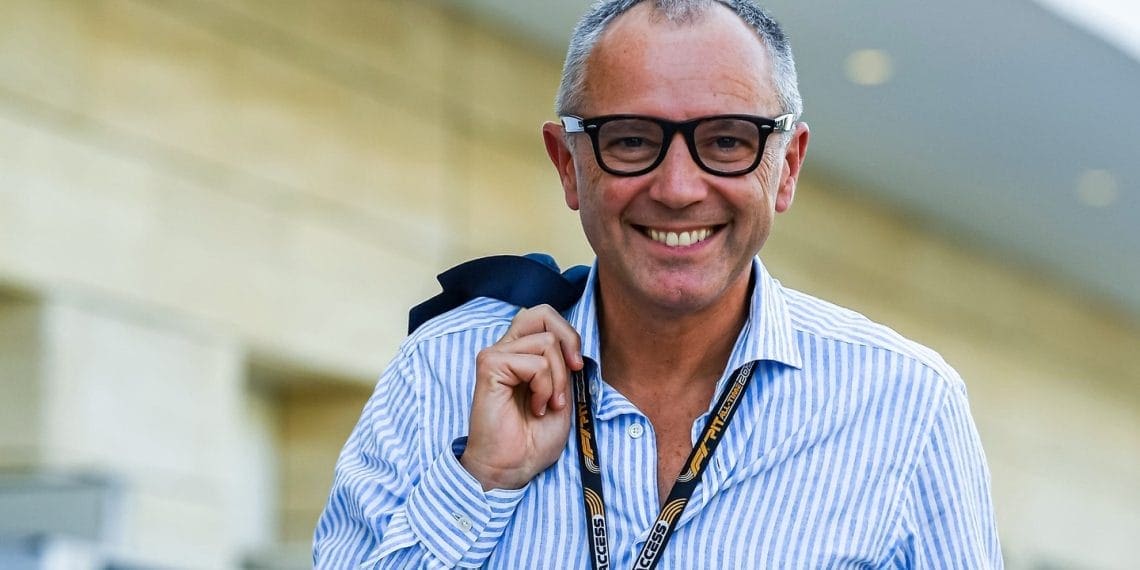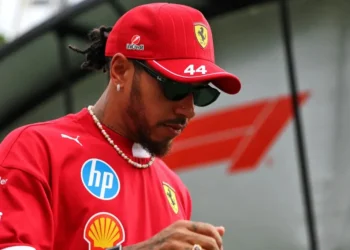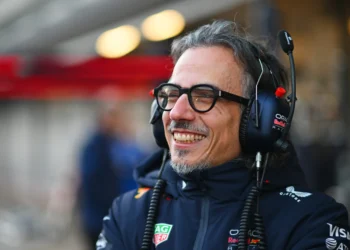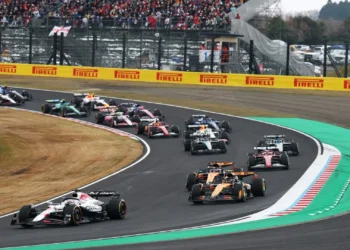Formula 1 is no longer in competition with other motorsport series for fans’ attention, according to F1 CEO Stefano Domenicali. While categories like Formula E, IndyCar, and MotoGP offer exciting racing, none of them have the global pull and appeal of F1, which has grown into a behemoth in both viewership and fan engagement. Domenicali believes that Formula 1 has evolved beyond the motorsport world and now sees itself as competing with broader entertainment industries, such as films and other sports, rather than just racing.
F1’s reach has exploded since the pandemic, particularly after the 2021 season, where the sport garnered almost 1.55 billion views. The controversial Abu Dhabi Grand Prix alone pulled in a staggering 108.7 million viewers, catapulting the sport into a new stratosphere of global recognition. By 2024, Formula 1’s total viewership exceeded 2 billion, making it a juggernaut in the world of sports and entertainment.
Domenicali’s vision for Formula 1 is bold. He stresses the importance of innovating and adapting to a world where people have numerous entertainment options, emphasizing that F1 must stay ahead of the curve to maintain its impressive momentum.
“We have to think big,” Domenicali stated. “We no longer believe we have to compete with other four-wheeled sports. We have to be strong in a market full of different offers. Our audience watches films and events, and we are one of them.”
Domenicali is not just talking about racing fans either. He wants Formula 1 to appeal to super fans while also attracting new viewers who might not be traditional motorsport enthusiasts. His approach includes leveraging modern communication tools, such as social media, to engage a broader audience. By focusing on the entertainment value of the sport and building on the success of Netflix’s Drive to Survive, Domenicali believes F1 can create captivating content to engage a wider audience.
“We aim to involve super fans, but also those who have no idea what F1 is,” Domenicali said. “We need to communicate with people, not only with the narrative but also with the communication tools that are changing rapidly.”
Beyond just growing viewership, Domenicali also touched on Formula 1’s responsibility to set an example of sportsmanship, especially in light of recent controversies. Drivers, teams, and the entire F1 ecosystem should embody the values of respect and professionalism, especially in an increasingly globalized sport.
“I want to make sure that F1 is a very inclusive and loved platform all over the world, that entertains people and entertains those who are part of it. And on the track there must always be respect,” Domenicali said, hinting at recent issues involving driver behavior.
Looking ahead, Domenicali is intent on pushing Formula 1 to match the global appeal of sports like football and the NBA. He sees media like Drive to Survive as just the beginning, with F1 aiming to produce more series, documentaries, and interactive content that can capture both new and existing fans. With this strategy, Domenicali envisions Formula 1 not only as a sport but as a leading player in the global entertainment landscape.










